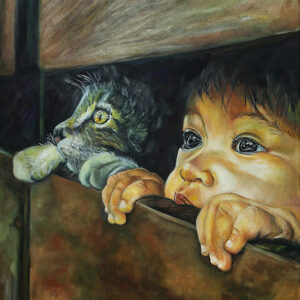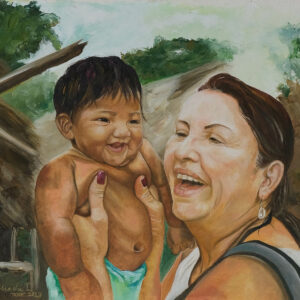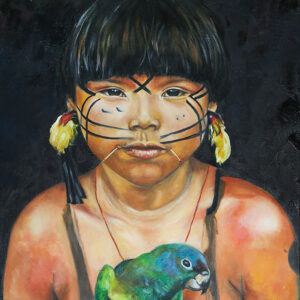Description
There are approximately 50 thousand, they represent the second indigenous ethnic group in Venezuela.
They traditionally live on stilts, near the mouths of the Orinoco River, in the northeastern part of Venezuela, subsisting mainly on fishing and drawing sustenance from a particular type of palm.
They are the Warao, (people of the canoes)
But since 2016 they have joined the exodus from Venezuela to neighboring countries to escape the economic and social crisis, in search of a better life.
To make the critical situation worse, many Warao arrive in neighboring countries without documents, or only with expired identity cards or with badly spelled names
These problems make it much more difficult for them to find work and housing, and many have to sleep on the streets and beg to survive.
The most difficult cases: minors arriving with relatives who are not their parents, or even alone.
But there is hope, in the form of other Warao, who are stepping up to help their community navigate the hardships of an unfamiliar culture.
And to think that right here, at the mouth of the Orinoco, in the lands of the Warao, Christopher Columbus and Amerigo Vespucci arrived on their third journey (1498-1499) and called this land “Little Venice”.
Columbus wrote in his diary: “I have seen lands, the most beautiful in the world… This is a land of grace”.




